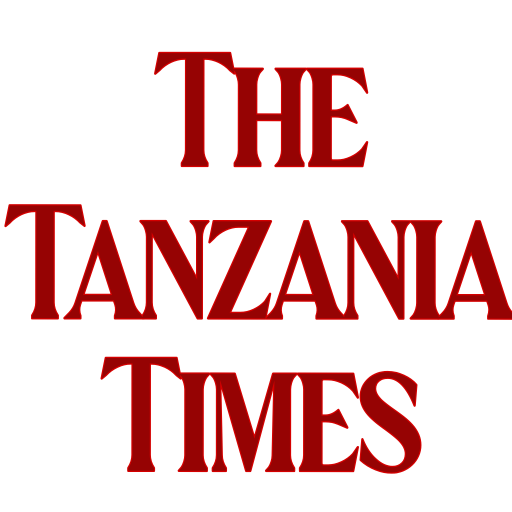Volkswagen Group, which is the international automotive outfit known for popular car and trucks brands such as Porsche, MAN, Scania and Volkswagen, is moving in to support ‘Transboundary Soil Carbon Project,’ being executed in Northern Tanzania and Southern Kenya.
Part of the transboundary soil carbon project has just been unveiled in Monduli District, linking grazing lands in Northern Tanzania with the same precincts in Southern Kenya.
It is aimed at equipping pastoralists with environment conservation skills to help avert effects of climate change while also benefiting through carbon credits trading.
“We intend to also introduce the same concept in areas surrounding Ruaha and Serengeti National Parks,” said Richard Ndaskoi the coordinator of the Rangeland Carbon Project which so far covers, Longido and Monduli districts of Arusha, Tanzania and Olkejuado in Southern Kenya.
The Longido and Monduli Rangeland Project aims at harvesting greenhouse gasses from the atmosphere. The initiative is supported by the Volkswagen Group, Germany’s leading automobile manufacturer, through the Soil for the Future Tanzania Limited.
“There are many carbon trading projects but this is the first one which involves grazing lands,” explained Ndaskoi.
He pointed out that many of the livestock kept by nomadic pastoralists usually migrate back and forth between Southern Kenya and Northern Tanzania, thus the Transboundary Soil Carbon Project.
In Monduli, the Soil for the Future Tanzania have entered into the Memorandum of Understanding to that effect, with nine villages, including Oldonyo-Lengai, Mfereji, Komesha, Emurwa, Eluway, Engaruka-Juu, Engaruka-Chini, Mbaash and Ererendeni.
The Monduli District Executive Director, Happiness Laizer, said the project will not only help to improve pastures through rotational grazing and replenishing natural growth, but the money earned from carbon trading will help to foot bills for development projects such as health and education.
“But is it important that residents should always be kept informed regarding the project activities, funds and any other development,” added the DED.
On his part, the Monduli District Commissioner Joshua Nassari said the project has many advantages especially because local villagers get to benefit directly.
“But furthermore it will help us to execute environment conservation projects to offset effects of climate change which is the major global concern at the moment,” pointed out Mr Nassari.

Monduli is one of the few districts that three years ago acquired ‘Demarcated and Secured Certificates for Customary rights of occupancy for grazing areas.’
The customary titles for the grazing lands were issued to seven villages including Baraka; Losirwa; Mbaashi; Irendeni; Engaruka-Juu; Engaruka-Chini and Oldoinyo L’engai, mapped within 107,040 hectares of land. The grazing areas that have been covered under the customary rights of occupancy measure over 53,404 hectares in total.
The Case of Longido
Earlier, the Soils for the Future (Tanzania) Limited inked another Memorandum of Understanding with 16 villages in Longido district.
Through the initiative a special generation and trading of carbon credits will be undertaken.
It will be executed under the new project known as Longido and Monduli Rangeland Carbon Project (LMRCP).
The Soil for the Future Tanzania coordinator, Iddi Mfunda said the carbon trading benefits go beyond monetary gains.
“It will also improve the environment and grazing areas for the Maasai which will now be covered with fresh pastures and restore natural vegetation cover,” pointed out Mr Mfunda.
Longido and Monduli Rangeland Carbon Project, which covers the two districts, will be undertaken for at least four decades, with five-year renewal periods in between.
LMRCP is jointly implemented by Soil for Future Tanzania and villages located within both Longido and Monduli districts in Arusha Region.
Villagers in the areas have thus agreed to adopt rapid rotational grazing practices to allow fresh grass to sprout and flourish.
It means the current Maasai livestock grazing practices and reverts to a rotational grazing system that more resembles traditional grazing practices with some modifications.



